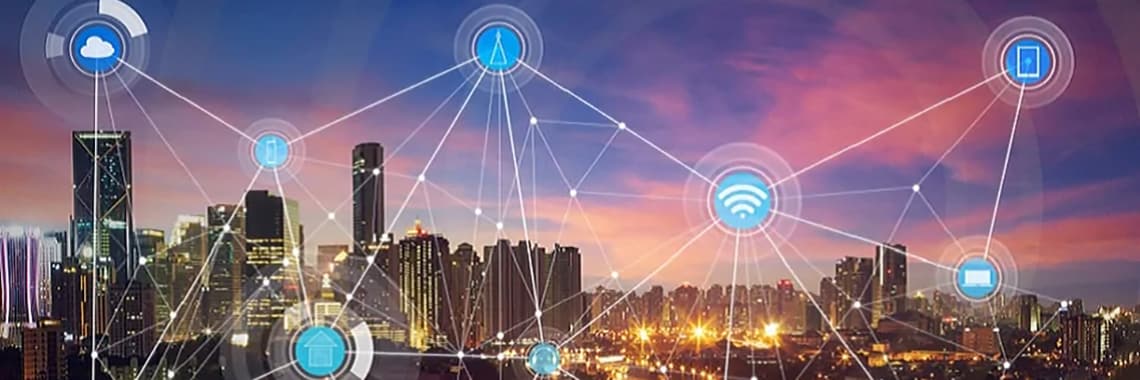When survivors and rescuers needed to connect in the wake of Hurricane Harvey
after it hit Houston, Texas at the end of August, they relied on the automated
redundancy and safeguards that had been built into the city’s
“smart” telecommunication infrastructure.
Smart cities are getting smarter, and NXP is helping lead that development
around the world.
Preparing for future events is a key driver of smart technologies in cities:
for instance, Kansas City, Missouri reports that it has reached “an
inflection point” from which it will make decisions based on data
collected from sensor networks along a main streetcar line.
Residents of Boston, Massachusetts are reporting cases of graffiti to City
Hall via a mobile app, which can then task cleaning services. Melbourne,
Australia is using thermal imaging to identify hotspots in city streets and
parks, and planting about 3,000 trees every year to address the problem.
Smart development in Columbus, Ohio, ranges from truck platooning and
connected vehicle tests, to a common transit fare application that enables
unbanked payments.
NXP technology often plays a crucial role in these activities. Our V2V and V2X
leadership, which combines performance with end-to-end security, is helping
enable transportation-based tech innovation (we are a lead partner on the
Smart Columbus project, for instance), just as our proven expertise in mobile
and payments enables millions of transactions every single day.
Our latest advances in low-power technology (Kinetis MCU) will help make it
possible for new city tools and processes to be “smarter.”
The phenomenon is global, as evidenced by a recent study by
Navigant Research
that identified 250 smart city projects in more than 178 cities. NXP is in
many, if not most of them, such as demonstrations
of self-driving technologies in automated trucks in the Netherlands, and
rolling out
mobile transit payment services in Shanghai and Shenzhen.
The trend is still in its infancy: Out of 731 smart city projects
intended
to make utilities, transport and e-government more reliable in India, work on
almost half of them has yet to begin. Experts estimate that the global market
for smart city solutions and services will more than double between now and
2026, increasing from US$40.1 billion to US$97.9 billion.
Our innovation and leadership will continue to help make this development
possible.




